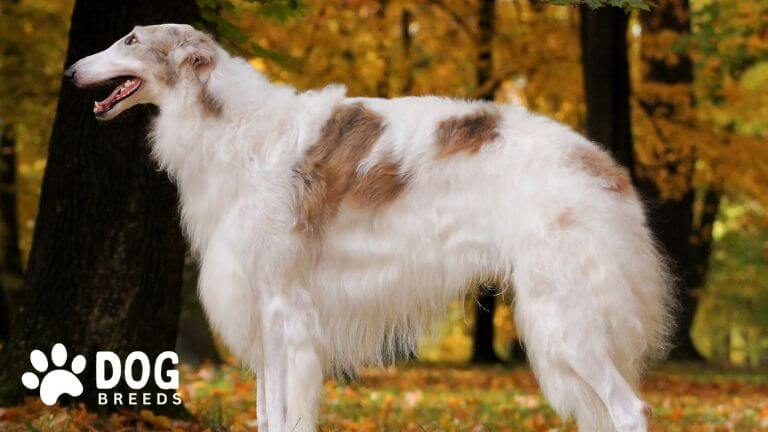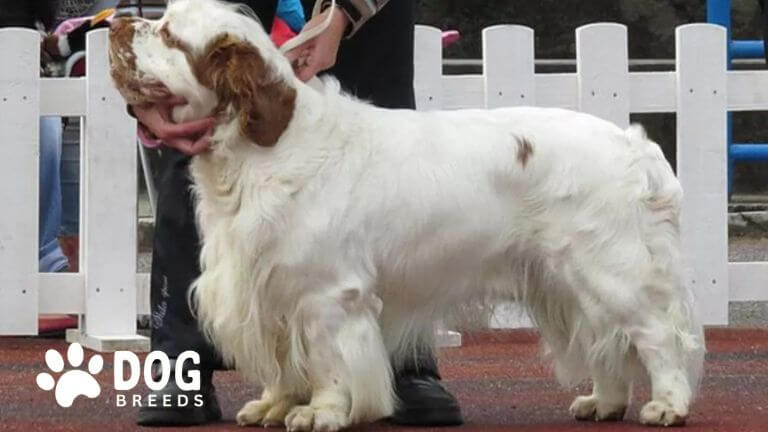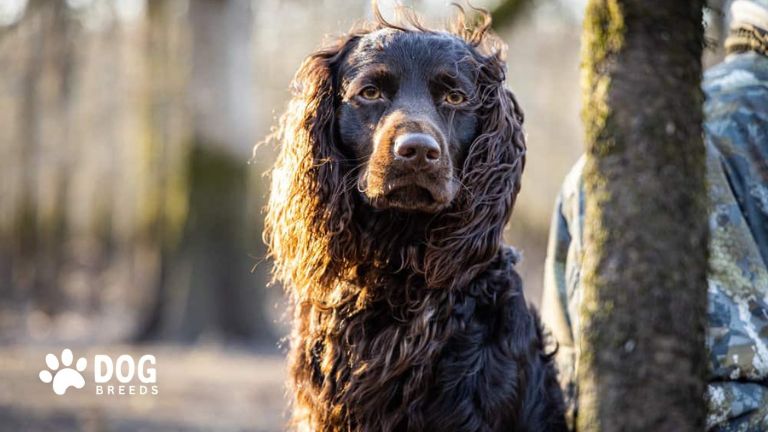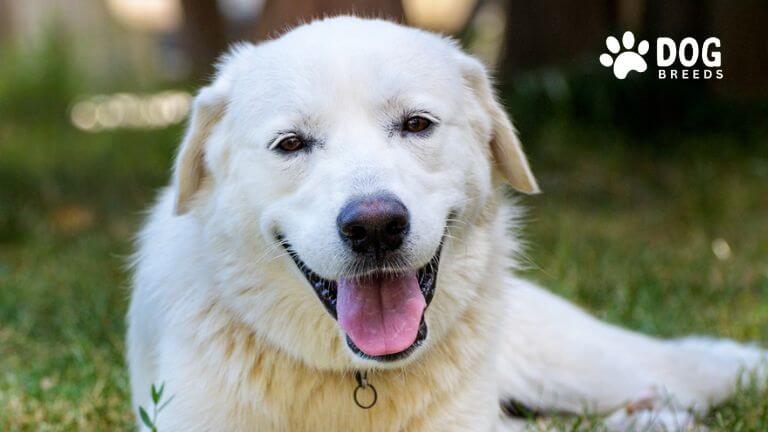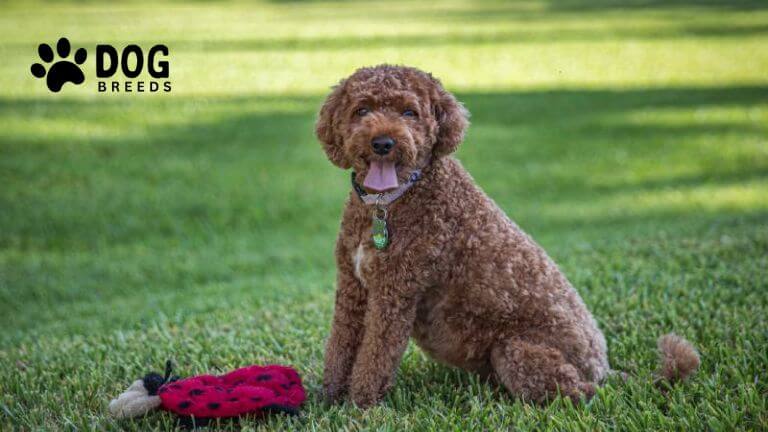Borzoi Dog Breed: Care, Temperament, and Health Guide
The Borzoi, also known as the Russian Wolfhound, is a majestic and graceful breed renowned for its elegant appearance and calm demeanor. Originating in Russia, these dogs were historically bred for hunting wolves and other game. Today, they are cherished as affectionate companions and admired for their aristocratic charm. This guide covers all essential aspects of the Borzoi, from its history to care requirements, offering valuable insights for pet enthusiasts and potential owners.
History and Origin of the Borzoi
The Borzoi have deep roots in Russian history, where they were bred by nobility for their speed and hunting prowess. Their name, derived from the Russian word borzyi, meaning “swift,” reflects their exceptional agility. They were often used in royal hunts, pursuing wolves and other game in the vast Russian plains. The breed gained popularity in the 19th century, eventually spreading to Europe and the United States, where it became a symbol of elegance and sophistication.
Physical Characteristics
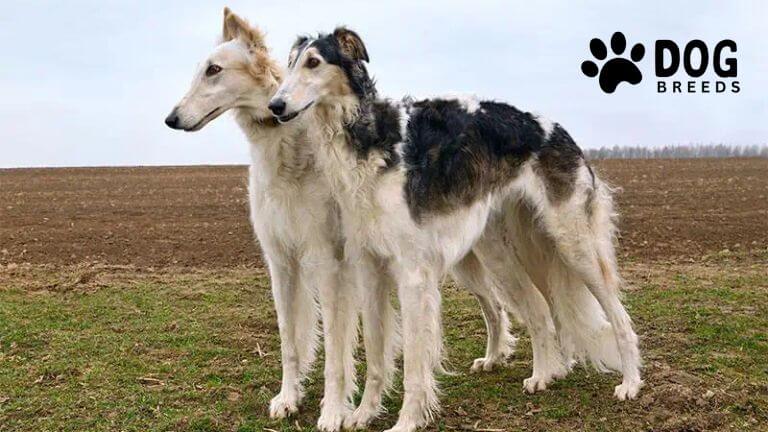
Borzois are tall, lean dogs with a distinctive appearance:
- Height: Males typically stand 28-32 inches, while females are slightly smaller.
- Weight: Adults weigh between 60-105 pounds.
- Coat: Their long, silky coats can be flat, wavy, or slightly curly, available in various colors like white, black, brindle, and cream.
- Build: They have a narrow head, deep chest, and a graceful, arched back, giving them a sleek and aerodynamic shape.
Temperament and Personality
Borzois are known for their gentle and calm demeanor:
- Intelligence: They are intelligent but can be independent and selective in their obedience.
- Affection: They form strong bonds with their families and enjoy quiet companionship.
- Sensitivity: These dogs are highly sensitive and may not respond well to harsh training methods.
- Compatibility: Borzois generally get along with other pets, especially when socialized early, though their prey drive may make them unsuitable for homes with small animals.
Care and Maintenance
Exercise Requirements
Borzois are active dogs that require regular exercise to stay healthy:
- Daily Activity: At least one hour of exercise daily, including walks or runs in a secure area.
- Space Needs: They thrive in homes with large yards where they can run freely.
Grooming
The Borzoi’s coat requires regular maintenance:
- Brushing: Brush their coat 2-3 times a week to prevent tangles and remove loose hair.
- Bathing: Occasional baths are sufficient unless they get dirty.
- Shedding: They are moderate shedders and may shed heavily during seasonal changes.
Diet
A balanced diet is crucial for their health:
- High-Quality Food: Feed them a diet rich in protein and essential nutrients.
- Portion Control: Monitor food intake to prevent obesity, which can stress their joints.
- Hydration: Ensure they have access to fresh water at all times.
Training Tips
Training a Borzoi requires patience and consistency:
- Positive Reinforcement: Use treats and praise to encourage good behavior.
- Socialization: Introduce them to various people, pets, and environments early to reduce shyness or anxiety.
- Prey Drive Management: Teach recall commands to manage their instinct to chase.
Health Considerations
Borzois are generally healthy but can be prone to certain conditions:
- Bloat (Gastric Dilatation-Volvulus): A life-threatening condition requiring immediate veterinary attention.
- Hip Dysplasia: Monitor for signs of discomfort or difficulty in movement.
- Progressive Retinal Atrophy (PRA): Regular eye check-ups can help detect this early.
Is the Borzoi Right for You?
Borzois are best suited for:
- Experienced Owners: Their independent nature may challenge first-time dog owners.
- Spacious Homes: They need room to move and exercise comfortably.
- Calm Households: Their sensitive temperament thrives in peaceful environments.
Final Thoughts
The Borzoi is a remarkable breed that combines elegance, intelligence, and loyalty. Their unique blend of traits makes them an excellent choice for owners who appreciate their aristocratic charm and can meet their specific care needs. If you’re considering adding a Borzoi to your family, take the time to understand their requirements and provide a loving, structured environment.
For more insights into Borzoi care and other dog breeds, explore related articles on our website. Ready to welcome a Borzoi into your life? Begin your journey today!
FAQs
Why Are Borzoi So Rare?
Borzois are rare primarily due to their historical association with Russian aristocracy. During the Russian Revolution, their close ties to the nobility led to a significant decline in their population, as many were killed. Their numbers began recovering only through focused breeding efforts. Additionally, their specialized nature as sighthounds and unique care requirements limit their appeal to a niche group of enthusiasts, contributing to their rarity.
Is Borzoi a Good Family Dog?
Borzois can be good family dogs in the right environment. They are affectionate, calm, and sensitive, making them suitable for families with older children or adults. However, they may not be ideal for families with very young children due to their large size and prey drive, which could pose safety concerns without proper training and supervision. Early socialization is crucial to help them adapt to family life.
How Much Does a Borzoi Dog Cost?
The cost of a Borzoi dog typically ranges from $1,500 to $5,000, depending on the breeder, lineage, and location. Additional costs for their care, including grooming, food, and health maintenance, should also be considered. Adopting a rescue organization may be a more affordable option.
Why Do Borzois Not Live Long?
Borzois have a life expectancy of 7 to 10 years, shorter than many breeds of their size. Their susceptibility to health issues such as bloat (gastric torsion) and heart conditions contributes to this lifespan. Regular veterinary check-ups, proper diet, and exercise can help mitigate these risks and enhance their quality of life.
- Why Are Dalmatians Not Popular? Uncovering the Truth Behind the Rarity of This Iconic Breed - April 16, 2025
- Top 15 Chinese Dog Breeds: Discover the Best Dogs from China - April 14, 2025
- Dalmatian Dog Breed: History, Care, Personality & Health - April 3, 2025

